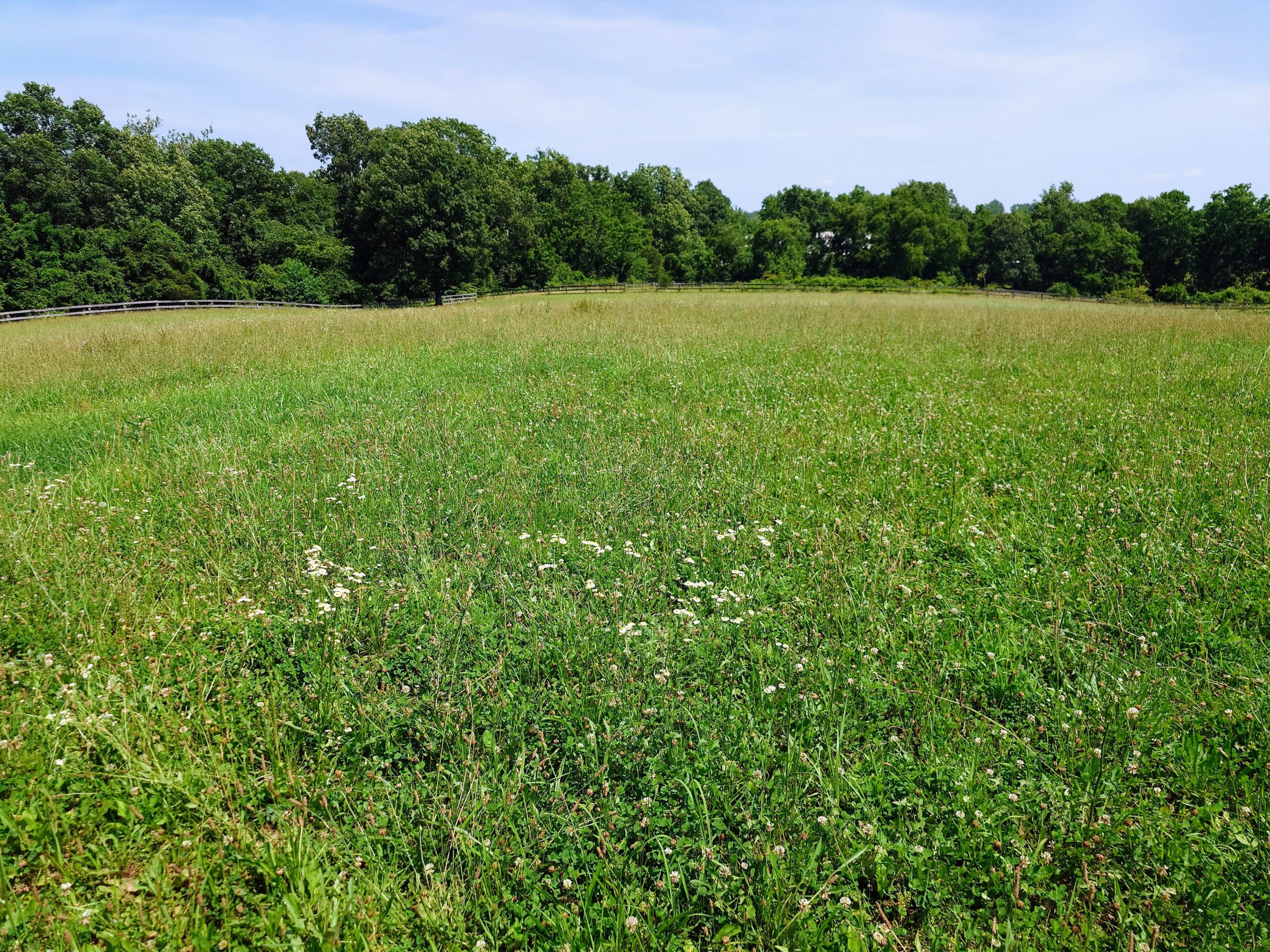
The bugs bite, the weeds grow, and we still say no.
On those hot Maryland summer days, when I’m out in the field hand-pulling weeds under the sun, I sometimes catch myself thinking, there must be an easier way. And there is—if we were okay spraying chemicals. But we’re not. And here’s why.
At O’Halloran Farms, we believe that what’s good for the land is good for everyone—our animals, our crops, our bees, and our family. That’s why we’ve made the conscious decision to farm without chemical pesticides or herbicides.
A Healthier Environment for All
Chemical sprays don’t just stay where you put them. They drift, they seep, and they linger. They affect soil health, kill beneficial insects, and can contaminate nearby streams and waterways. On our farm, we share space with alpacas, chickens, bees, and even the occasional visiting fox or frog. We don’t want any of them exposed to residues from toxic treatments.
By choosing a chemical-free approach, we also ensure that the honey our bees produce is clean, the fiber from our alpacas is natural and safe to handle, and the eggs from our chickens come from a truly clean environment. It’s better for our customers—and better for us.
Managing Pests Without the Poison
That doesn’t mean we let pests take over. We just fight them the old-fashioned way. Here are a few of our go-to natural strategies:
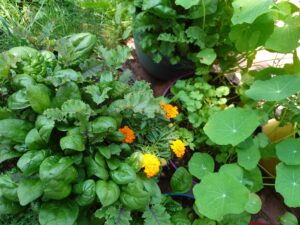
- Marigolds & Nasturtiums: These vibrant flowers aren’t just pretty—they repel aphids, whiteflies, and squash bugs.
- Neem Oil: A safe, plant-derived oil that’s effective against many garden pests without harming beneficial pollinators.
- Floating Row Covers: These lightweight fabrics help protect young plants from insects while still letting light and water through.
- Chickens on Patrol: Our chickens do more than lay eggs—they scratch and peck through pastures, helping control insect populations naturally.
Our Weed Philosophy: Manage, Don’t Panic
Weeds are inevitable, but we don’t need to wage chemical warfare to keep them in check. We control them by staying proactive:
- Pasture Management: We mow our fields regularly before weeds have a chance to go to seed. This helps native grasses and clover stay dominant and keeps unwanted plants from spreading.
- Hand Pulling: When weeds emerge in sensitive areas—like near our crops or animal shelters—we get in there early and pull them before they take hold.
- Healthy Soil: We focus on building healthy, resilient soil that supports strong plants and makes it harder for weeds to thrive.
Farming with Intention
It’s not always easy. It’s certainly not fast. But every time we see bees buzzing in our wildflowers, or a child cuddling one of our alpacas during a farm visit, we know we’ve made the right decision. Clean farming means we can proudly welcome people onto our land and know we’re offering a safe, nurturing, and chemical-free space.
So yes, hot days of hand weeding might give us a sore back—but they also give us peace of mind.
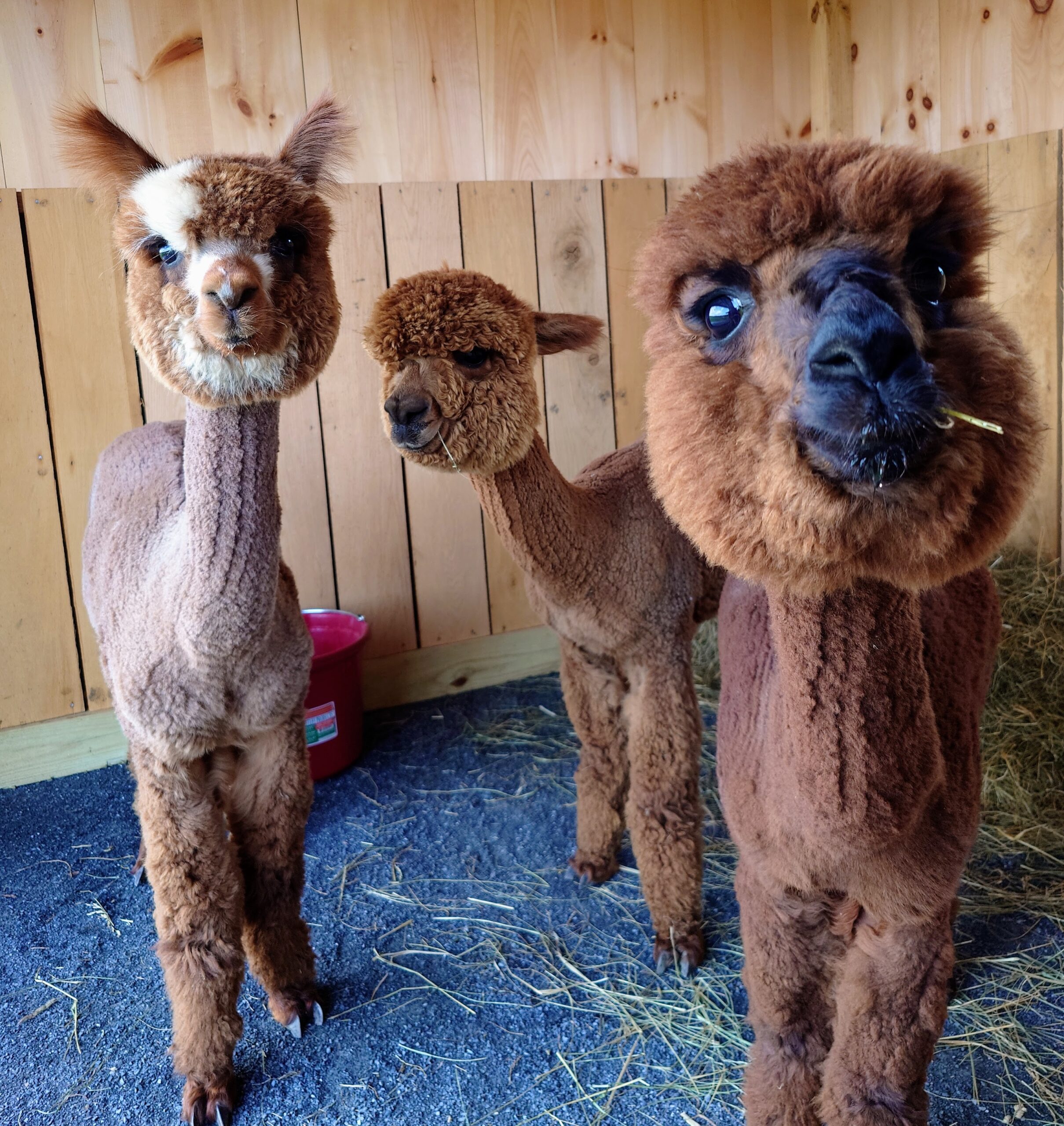
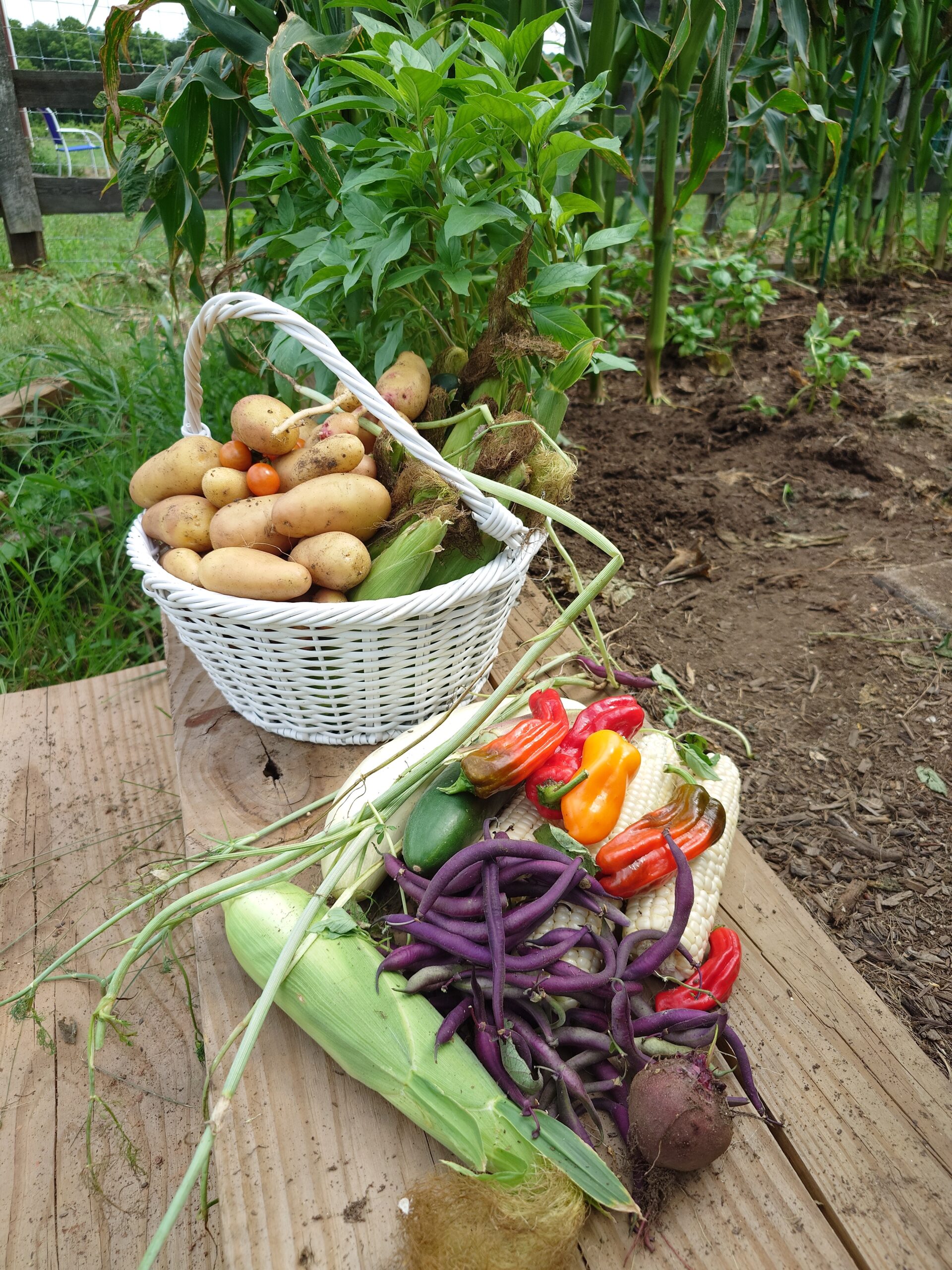
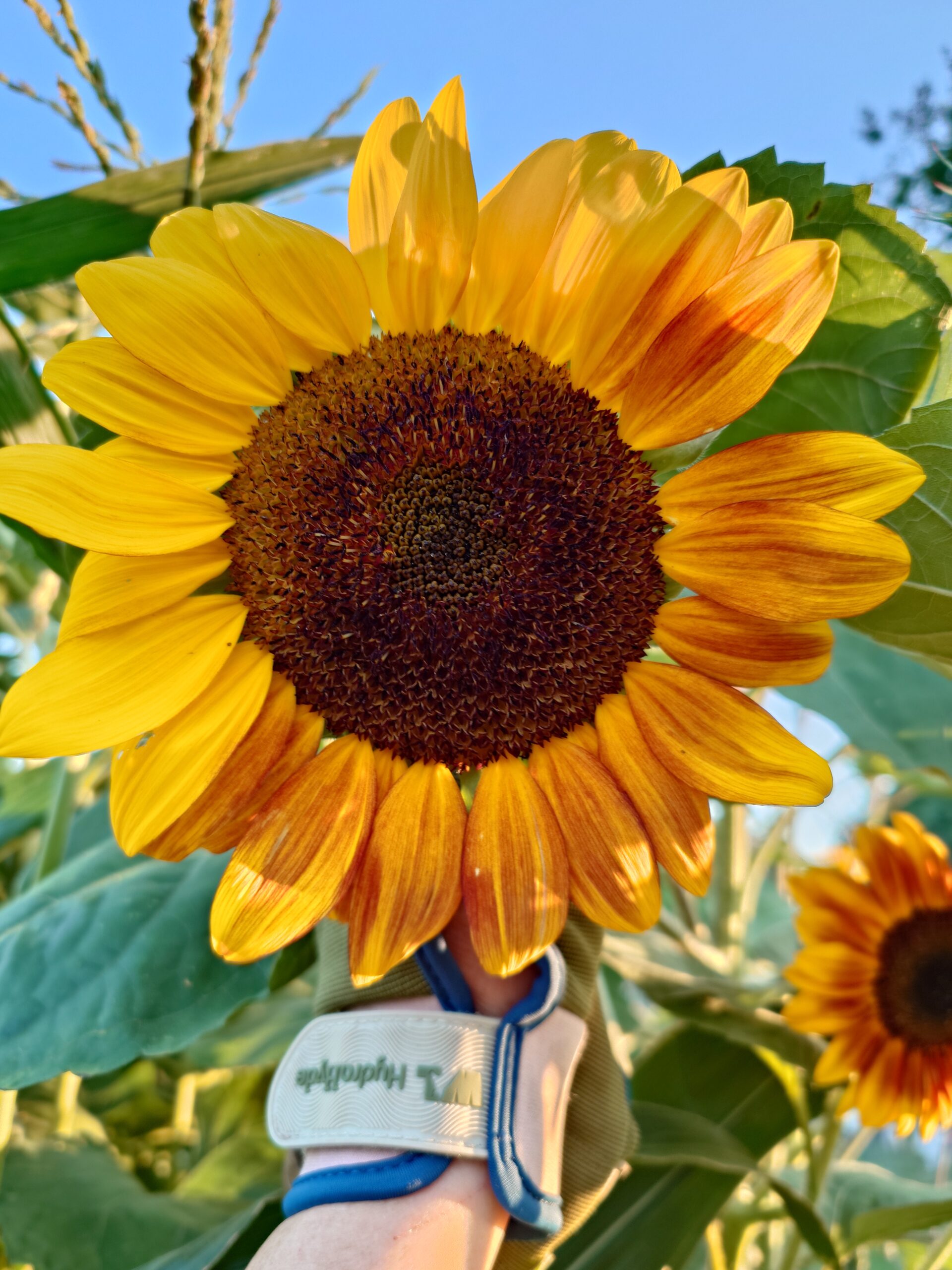
https://shorturl.fm/v8d7E
https://shorturl.fm/nFRYh
https://shorturl.fm/V6xv8
https://shorturl.fm/JOOhf
https://shorturl.fm/l7FPp
https://shorturl.fm/rA4DS
https://shorturl.fm/FfL9m
https://shorturl.fm/8hbdu
https://shorturl.fm/Uy0lY
https://shorturl.fm/JGDiL
https://shorturl.fm/B1jOM
mswlrmvtmzyzhrfvfrfwzhjdkdmvzq